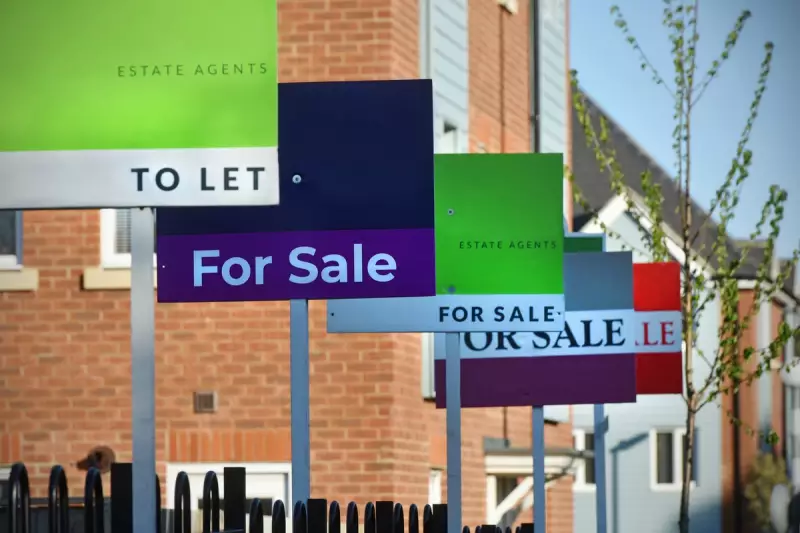
A seismic shift in how Britons pay for their homes could be on the horizon, as a leading economic think tank proposes the outright abolition of two of the most contentious property taxes.
The Institute for Fiscal Studies (IFS) has unveiled a radical blueprint to scrap both the Council Tax and Stamp Duty Land Tax (SDLT), branding the current system as "inefficient and unfair". In their place, the influential body suggests a single, annual property tax calculated solely on a home's up-to-date market value.
The Flaws in the Foundation
The IFS report delivers a damning verdict on the status quo. Council Tax bills are still based on property valuations from 1991, creating vast distortions where residents in multi-million pound London homes often pay less than those in modest properties in the North. This "bakes in inequality from over three decades ago," the report argues.
Stamp Duty also faces fierce criticism for crippling mobility within the housing market. The hefty upfront cost discourages families from downsizing or workers from relocating for new jobs, effectively gumming up the entire market.
The Proposed Overhaul: A Proportional Property Tax
The proposed solution is a Proportional Property Tax. This new annual levy would be a simple percentage of a property's current value, automatically updating as the market changes.
The potential benefits are significant:
- Massive Savings for Most: The IFS calculates that 77% of English households would see a direct financial gain, with average bills falling, particularly for those in lower-valued properties.
- A Boost for Mobility: By eliminating the massive barrier of Stamp Duty, the reform would free people to move home more easily, creating a more fluid and efficient housing market.
- Simplicity and Fairness: The system would be transparent, directly linking the tax paid to the actual value of the property owned.
Who Stands to Lose?
The reform would not be without its losers. The IFS acknowledges that owners of the most expensive properties, predominantly in London and the South East, would face higher annual bills as their tax would finally reflect their home's true worth. The report suggests transition protections, such as deferring payments until the property is sold, to mitigate the immediate shock for these homeowners.
While the proposal presents a compelling vision for a fairer system, it lands in the lap of a government facing immense political pressure. The IFS itself admits that such a profound change would be a "formidable political challenge," requiring immense courage from any party willing to enact it.





